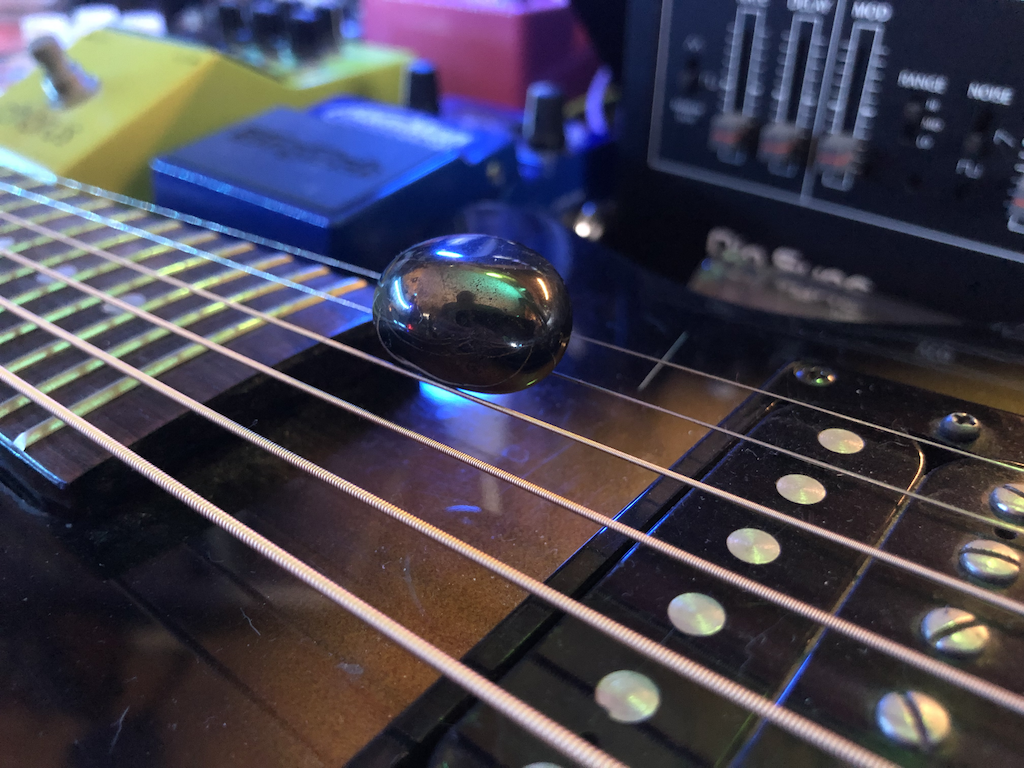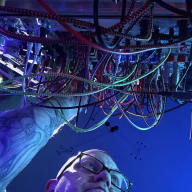Bring it on!
Table of Contents
Birthday#
Today is mine! A full deck of cards around the sun (no Jokers).
Reflecting on the past right now has a sunk-cost bias associated with it that I haven’t been able to process. I have gone through 30+ years of being an adult, and not really growing much. Not understanding how to grow. Or rather, sort of hitting the right notes, but not able to direct myself into a flow state every time. Unable to self-reflect, because I despised myself.
Then I hit a wall. My health was in decline. I stopped drinking. I had COVID. I gained a hard-to-treat chronic migraine condition. I am unemployed for the second time this year. There’s a lot of other stuff going on. And I’m learning that they’ll go on, whether I like it or not, so the best thing I can learn to do is navigate it.
Complexity#
Staying behind masks (alcohol, arrogance, affectation) and using structres as plans and preconceptions as roadmaps, all that might keep me visible. But ultimately they are routes of fixation. Garden paths I’ve already chosen. All this structure is put there to battle Fear. I know how to be comfortable with Ambiguity… but I haven’t been able to break through Fear.
It wasn’t until I began learning how to have compassion and forgiveness for myself that I understood the intellectual processing unit of mine can get me really far. Afterall, it skated on PTSD without treatment for 40 years. But I cannot use the intellect to reconnect emotional shards. The pressure it exerts repels the edges.
In weekly therapy, we’ve agreed that I am a complex person. Craquelured by Complex PTSD and neurodivergence intertwined, I battle OCD behaviors every hour, I don’t go a day without traumatic memories, I have crippling social anxiety. Even among friends it is hard for me to come out of my shell. It’s apparent in my music and art, nondistinct but touched with fire.
Fixing parts with short-cuts had stopped working. A mindset change was needed to fix the system.
Mindset and Learning#
As a result, I cling to education and mentoring as a huge opportunity to learn more about myself. Helping others get through their own barriers helps me with mine. Learning more about how other people think reminds me that we all have different minds. And they are wonderfully plastic.
Sometimes a mindset changes with some sudden revelation or fundamental surprise. This is focused high-energy change that our complex Universe makes impossible to harness. This sort of change is highly robust but not directable. It is brittle. Not to mention, uncertainty puts people in all kinds of states-of-mind. It may not be in another’s best interest to learn by startling them. Who knows what, if anything, will actually be learned at all!
Directed learning can used for applying a mindset change. You want to identify what to change and make it stick. And that can take practice, it’s not easy to unlearn.
Unlearning the Tangle#
It has taken a lot of effort to pull myself out of the twisted knot of cables and connectors dumped into milk crates and thrown into the back of a deep basement closet. Integrating decades of shards is on-going work I know will never stop. It involves layers and networks of mindset changes, some that I have to unlearn.
For my birthday today I am underlining the mindset of investigation and curiousity. Giving every moment its attention pulls me away from the intellect that doesn’t want to unlearn. “Getting out of my head”, to put it bluntly.
I’m starting to port over a lot of the articles from LinkedIn to this blog, starting with the most recent. It expresses how I feel about the situation many find themselves, unable to progress, stuck in learning the next best thing but unable to stitch it together into being an expert.
Snapshots of the Mind#
Recently I finished up Chapter 7 in Gary Klein’s compendium of essays called Snapshots of the Mind. The entire book is fantastic, amalgamating his older writing and research with new perspectives, collecting blog post articles and the like. He draws on all his major themes and Ch 7, “Getting Stronger – Training”, is central in my area of interest.
The way I design Practice of Practice Gamelan (PoPG) exercises owes many thanks to Klein and the Naturalistic Decision Making community. NDM research has revealed to me that several industries dealing with frequent dynamic situations - as we do in software - have put great effort into making sure they understand how to train.
The Tech industry has not. I aim to help fix that.
Bring it on!#
Probably my favorite section of this chapter (and maybe the entire book) is titled: “Bring It On! Learning to Welcome Obstacles Instead of Dreading Them”. He tells the story of an investigative mindset, a kindergarten teacher who does not mind misbehavior because it reveals opportunities to learn:
“She welcomes their disobedience and views it as an opportunity to gradually move them toward cooperation.”
Isn’t that marvelous? No wrong notes in Jazz, right? You adjust, adapt, and continue. And hopefully learn. From the article:
“There are two aspects of this mindset shift, from seeing difficulties as obstacles to seeing them as opportunities. The internal aspect of the shift is about the chance to gain skills. The external aspect of the shift is to help the people around us.”
I can’t think of a better description for how we desire to approach learning and incidents in software. When we throw out the notion of blame (for human error or for root causes) and focus on the regular work of making it over a hurdle, we learn in emboldened ways. This is where dormant sources of resilience are enriched for future action.
This is Proactive#
Here’s what I mean by that. One day in PoPG, we played Wheel of Expertise. An SRE landed on a theme that caused him to lead us in a deep dive of the storage sub-system (APIs, pipelines, and buckets). It turned out to be one of our least understood services. He took us through walks of code and docs, we asked questions and he searched for answers. By the end of the session, everyone had become curious, amassing a shared understanding of how it works… and how it breaks.
You know what comes next. Two weeks later, we have an incident. It’s with this specific system (but we don’t know that yet). The SRE who took this topic in our session triangulates the defect extremely quickly. I estimate we shaved 2-3 hours off the incident from this investigative Practice of Practice work.
Mindset Curious#
Exercising curiosity is what led to a speedy resolution. When there are no procedures to follow, no getting help from long-absent code owners, we must embrace chances to be curious and notice when a complex system is whispering its secrets to us.

